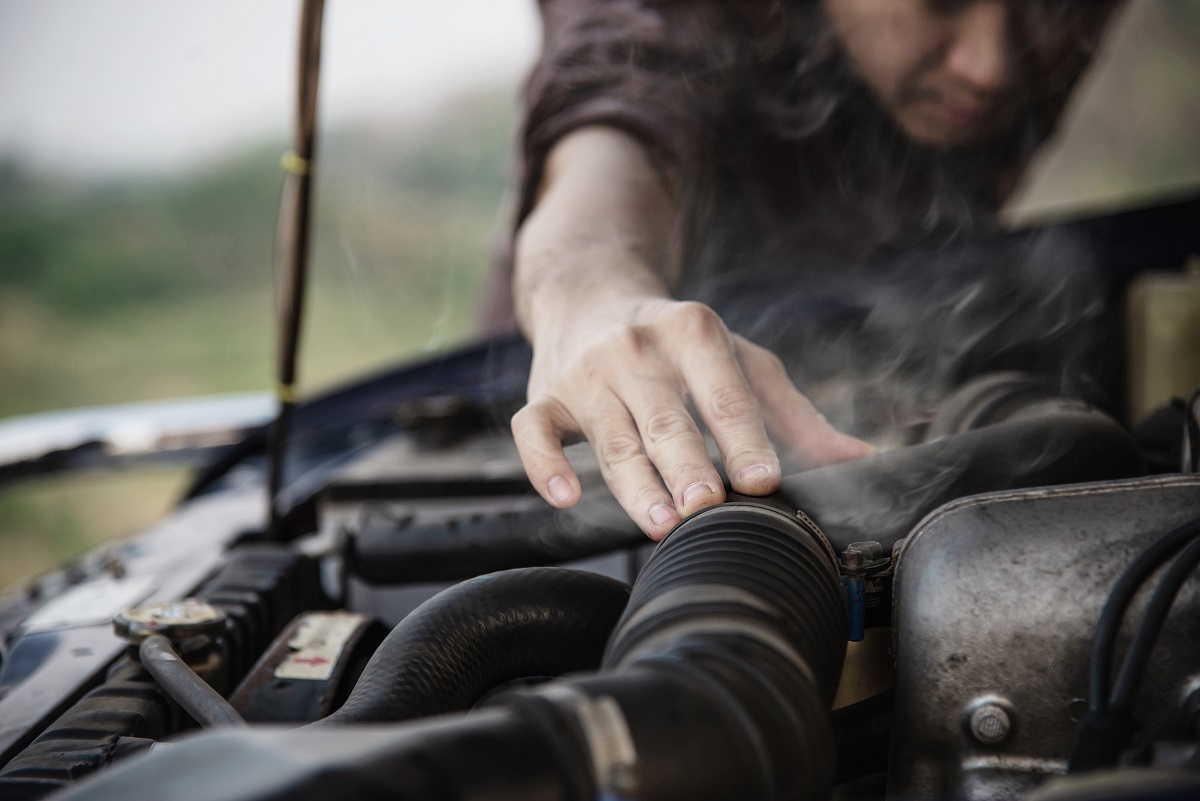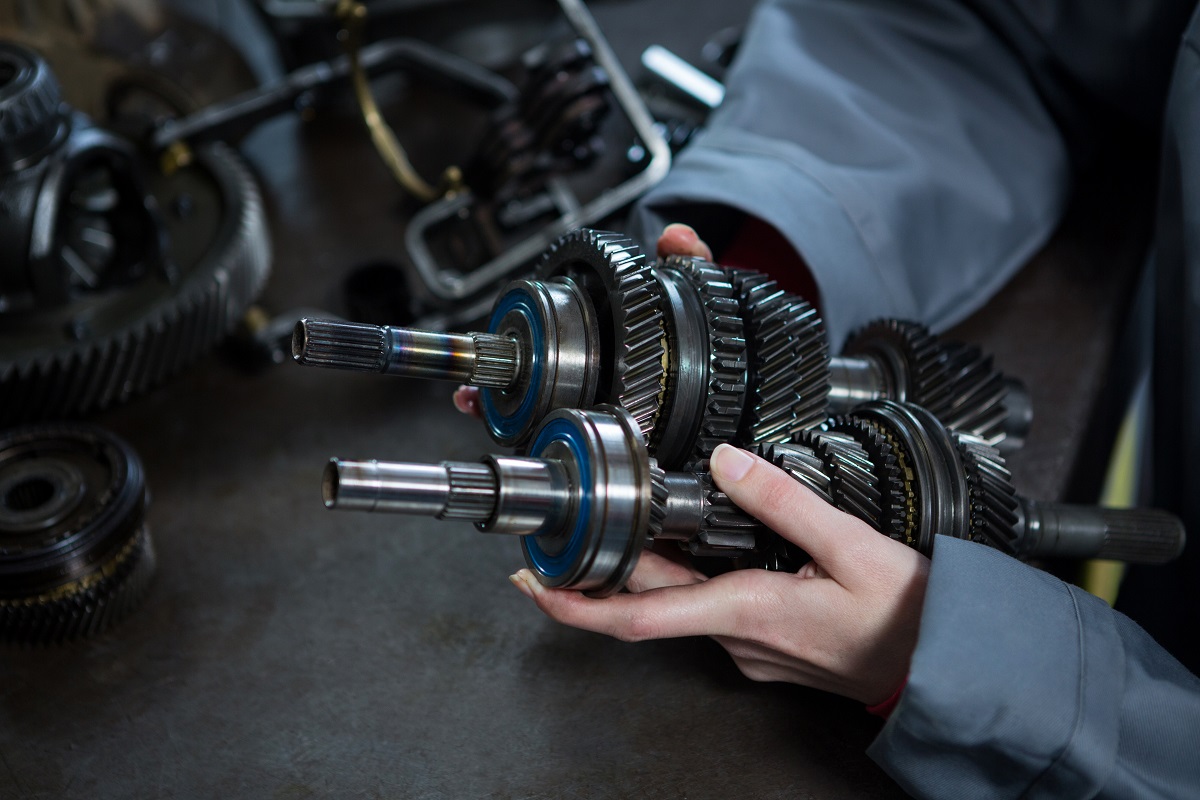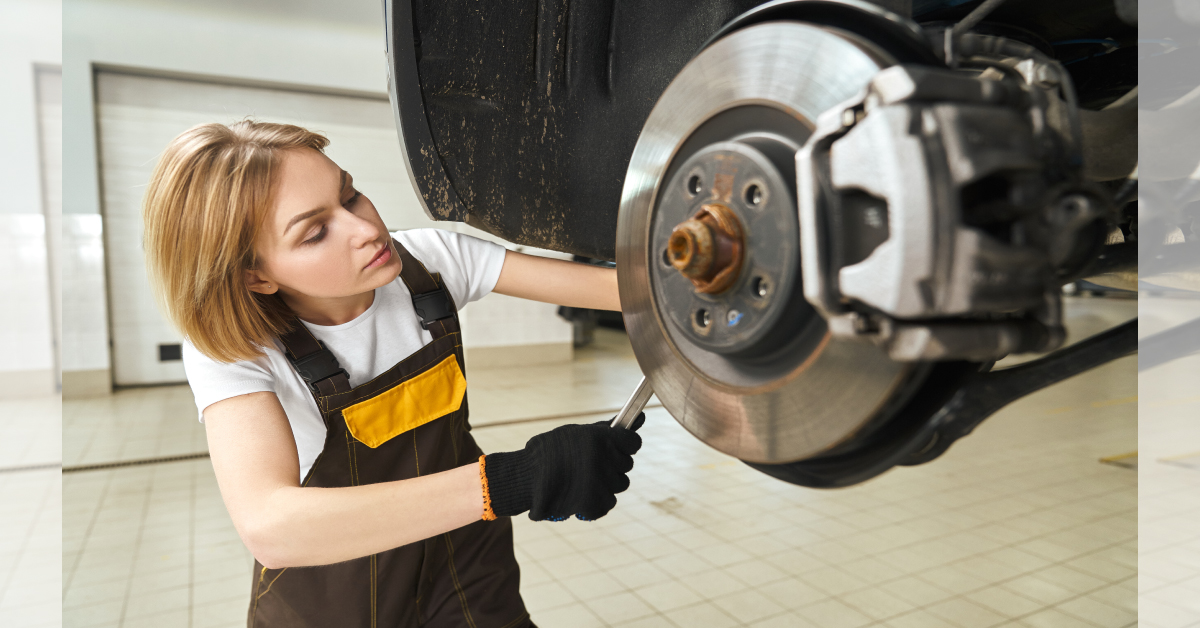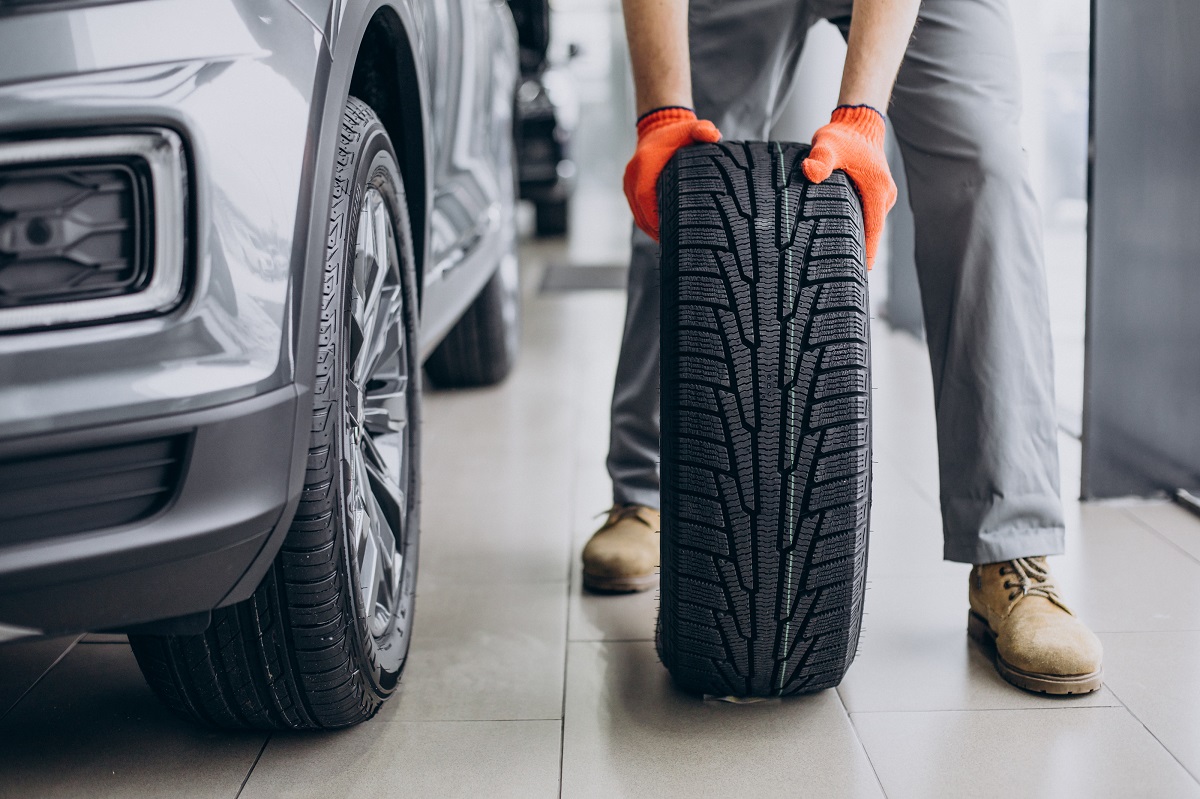How To Prevent Your Car From Overheating
If you've ever experienced your car overheating, you know how stressful and frustrating it can be. Overheating can happen to any vehicle, regardless of make or model, and it's important to know how to handle the situation to avoid causing further damage or putting yourself in danger. In this article, we'll discuss what causes a car to overheat, how to prevent overheating, and what steps to take if your car does overheat.
What Causes a Car to Overheat?
There are several reasons why a car might overheat. The most common cause is a malfunctioning cooling system. This system is responsible for regulating the temperature of your engine and preventing it from overheating. If your cooling system isn't working properly, your engine may overheat and cause serious damage.
Another common cause of overheating is a low coolant level. Coolant is the fluid that runs through your engine and helps to regulate its temperature. If your coolant level is low, your engine may not be able to cool itself properly, which can lead to overheating.
Other causes of overheating can include a malfunctioning thermostat, a broken water pump, a clogged radiator, or a blocked cooling system. In some cases, overheating may also be caused by a problem with the engine itself, such as a damaged cylinder head or a cracked engine block.
How to Prevent Overheating
Preventing your car from overheating is the best way to avoid the stress and expense of dealing with an overheated engine. Here are some tips to help keep your car running smoothly and prevent overheating:
1. Check your coolant level regularly. Make sure your coolant level is topped off and that there are no leaks in your system.
2. Replace your coolant as recommended. Coolant can break down over time and lose its effectiveness, so it's important to replace it according to your vehicle's recommended maintenance schedule.
3. Keep your radiator clean. Dirt and debris can clog your radiator and prevent it from working properly, so it's important to keep it clean.
4. Check your belts and hoses. Belts and hoses can wear out over time and cause problems with your cooling system, so it's important to check them regularly and replace them if necessary.
5. Avoid overheating your engine. Try to avoid situations that can cause your engine to overheat, such as driving in extreme heat or towing heavy loads.
What to Do When Your Car Overheats
Despite your best efforts, your car may still overheat at some point. If this happens, it's important to take immediate action to avoid causing further damage or putting yourself in danger.
Here are the steps you should take if your car overheats:
1. Pull over as soon as possible. If you notice that your engine is overheating, pull over to a safe location as soon as possible. Do not continue driving, as this can cause serious damage to your engine.
2. Turn off your engine. Once you've pulled over, turn off your engine and allow it to cool down. Do not attempt to open your hood or touch any part of your engine until it has cooled down completely.
3. Check your coolant level. After your engine has cooled down, check your coolant level to make sure it's topped off. If it's low, add more coolant to your system.
4. Check for leaks. Look for any signs of leaks in your cooling system, such as puddles of coolant under your car. If you find a leak, you may need to have it repaired before you can safely drive your car again.
5. Check your hoses and belts. Inspect your hoses and belts for any signs of wear or damage
In conclusion, overheating is a common problem that can occur in any vehicle. It's important to understand the causes of overheating and take steps to prevent it from happening in the first place. Regular maintenance, such as checking your coolant level and keeping your radiator clean, can go a long way in preventing overheating. However, if your car does overheat, it's important to take immediate action to avoid causing further damage or putting yourself in danger. Pull over to a safe location, turn off your engine, and allow it to cool down before checking your coolant level and inspecting your cooling system for leaks and damage. By following these steps, you can help ensure that your car runs smoothly and avoid the stress and expense of dealing with an overheated engine. Don't forget to take your car to the best car service center near you for further necessary actions.




Comments
Post a Comment